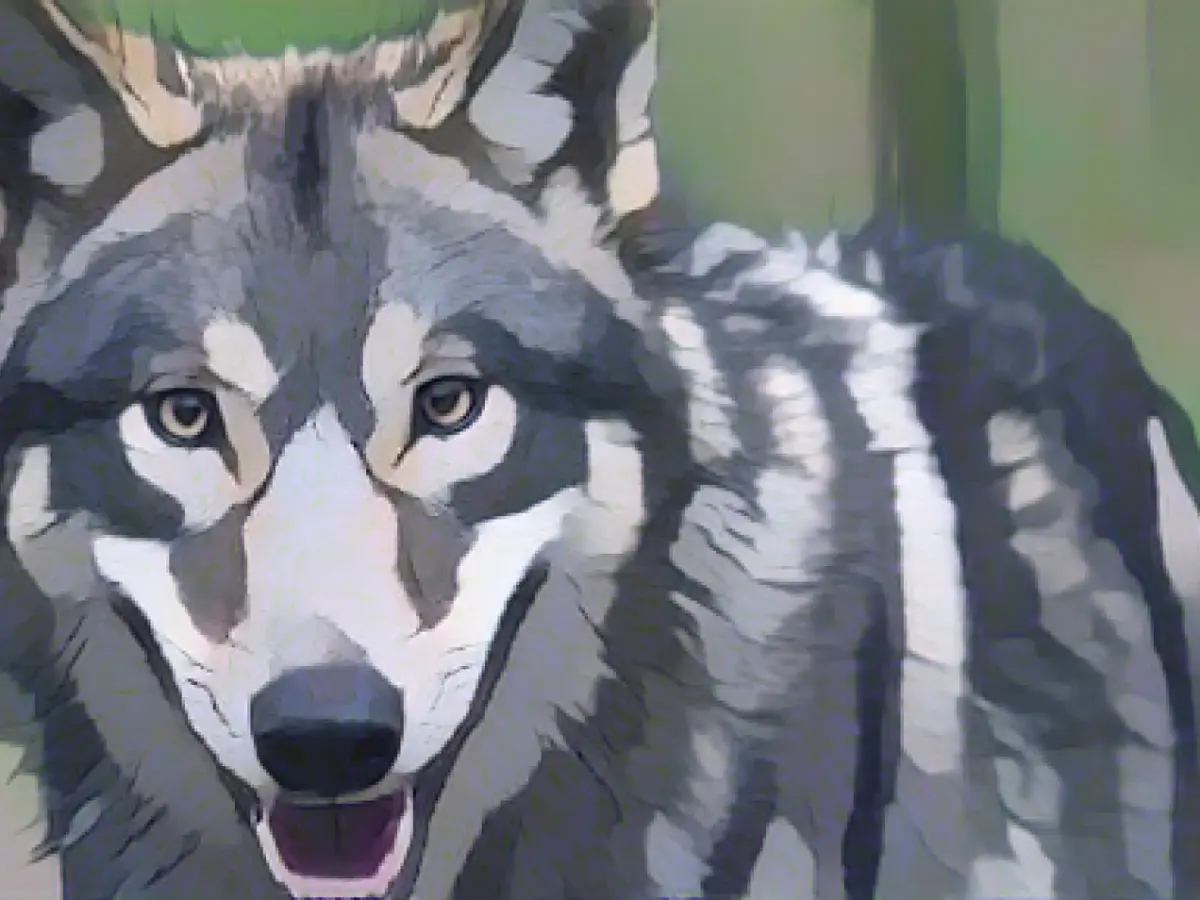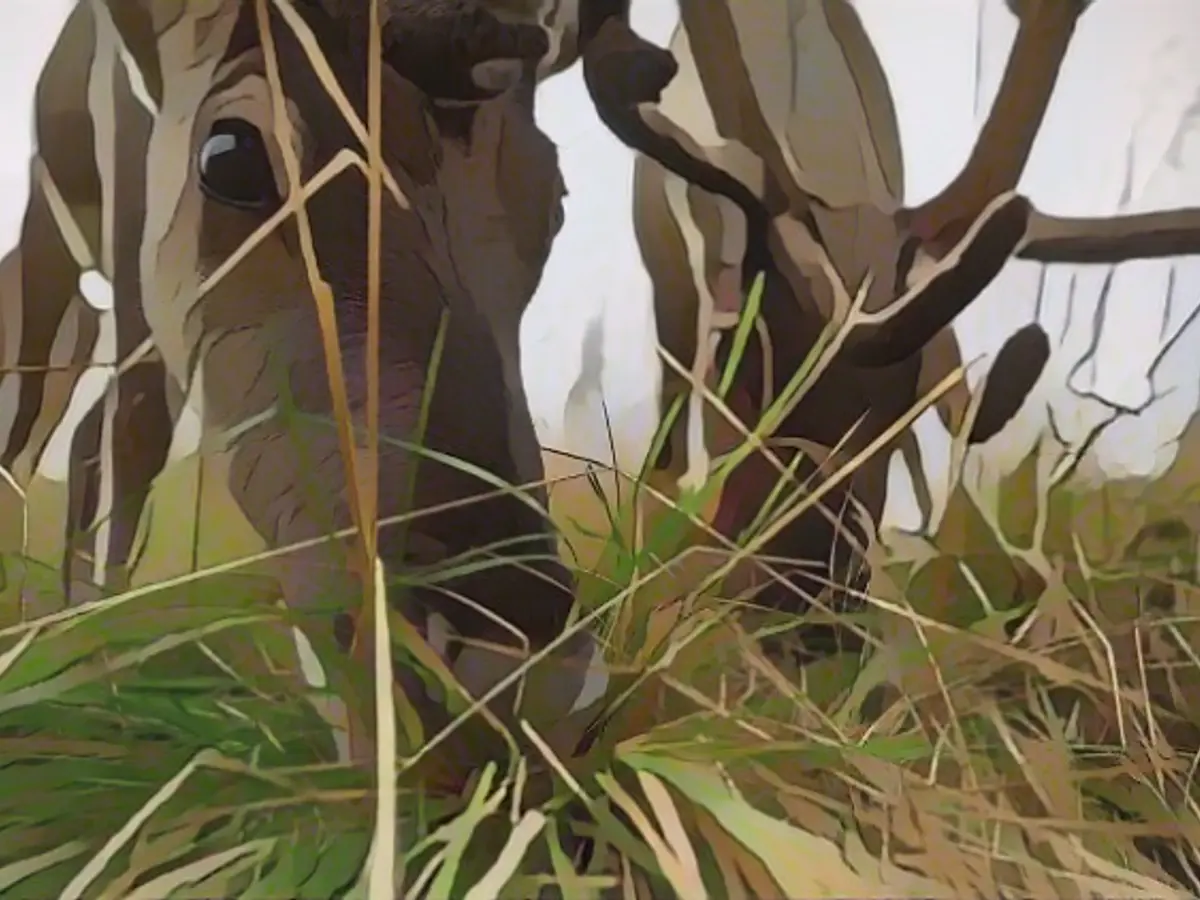Animal Conservation: Avoiding Wolf Hate Speech, a Call from Environment Minister Lemke
In the wake of a potential wolf attack in Brandenburg, Germany's Environment Minister, Steffi Lemke, from the Green Party, urged the public to stop demonizing wolves. Lemke, who views wolves as close relatives to dogs, insists that we should not treat them as unwanted pests. The alternative, according to Minister Lemke, is a bleak scenario involving the eradication of these apex predators.
Each side in this ongoing debate has its concerns. Grazing livestock farmers often find themselves at odds with the wolf's instinctive behavior, which includes preying on their herds. Yet, no one, including these farmers, is advocating for the wolf's elimination.
Possible Wolf Attack in Brandenburg
Last week, sensational news of a potential wolf attack in Brandenburg emerged. According to police reports, a 47-year-old man was walking his dog in a forested area when the animal attacked. Defending his pet, the man sustained several bites, resulting in serious injuries. Genetic tests are underway to determine definitively whether the man encountered a wolf.
Balancing Act between wildlife and Agriculture
Minister Lemke emphasized the need for a balance between the interests of livestock farmers and the wolf's natural behavior. Specifically, she proposed that swift action should be taken against wolves in instances where they have killed livestock. This pragmatic approach balances the needs of both wild animals and farmers.
Animal Rights and Wolf Conservation
In recent years, animal rights activists and conservation organizations have heightened their efforts to protect the wolf population and foster harmonious coexistence. This includes advocating for humane methods of dealing with conflicts between wolves and farmers, as well as understanding the ecological role of wolves within Germany's ecosystem.
The Road Ahead in Germany
Despite the ongoing discussions, the EU Habitat Directive continues to protect wolves under strict conditions, offering guidance on their conservation in Europe. Germany's policies must adhere to these guidelines, ensuring a balance between the conservation of wolves and the needs of farmers.
In this ever-changing landscape, demonizing the wolf is not the solution. Rather, finding a middle ground between wildlife conservation and human activities is the key to a harmonious coexistence. As Minister Lemke emphasized, wolves must be treated with the respect they deserve as a vital part of the German ecosystem.
[2] EU regulations on wolf protection
[3] Livestock farmers' concerns about wolf attacks
[4] Animal rights activists and conservation efforts in Germany
[5] EU's stance on environmental protection and biodiversity
[6] Interest of the general public towards wolf conservation in Germany
[7] Availability and accessibility of resources to address wolf-related issues in Germany






